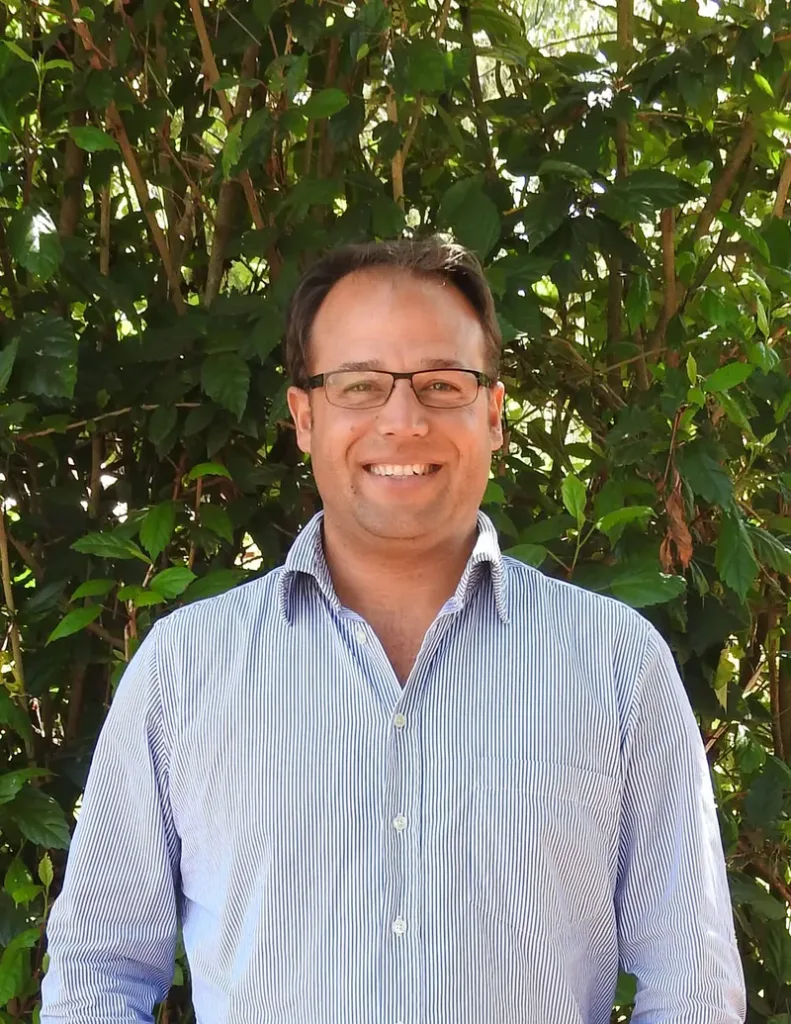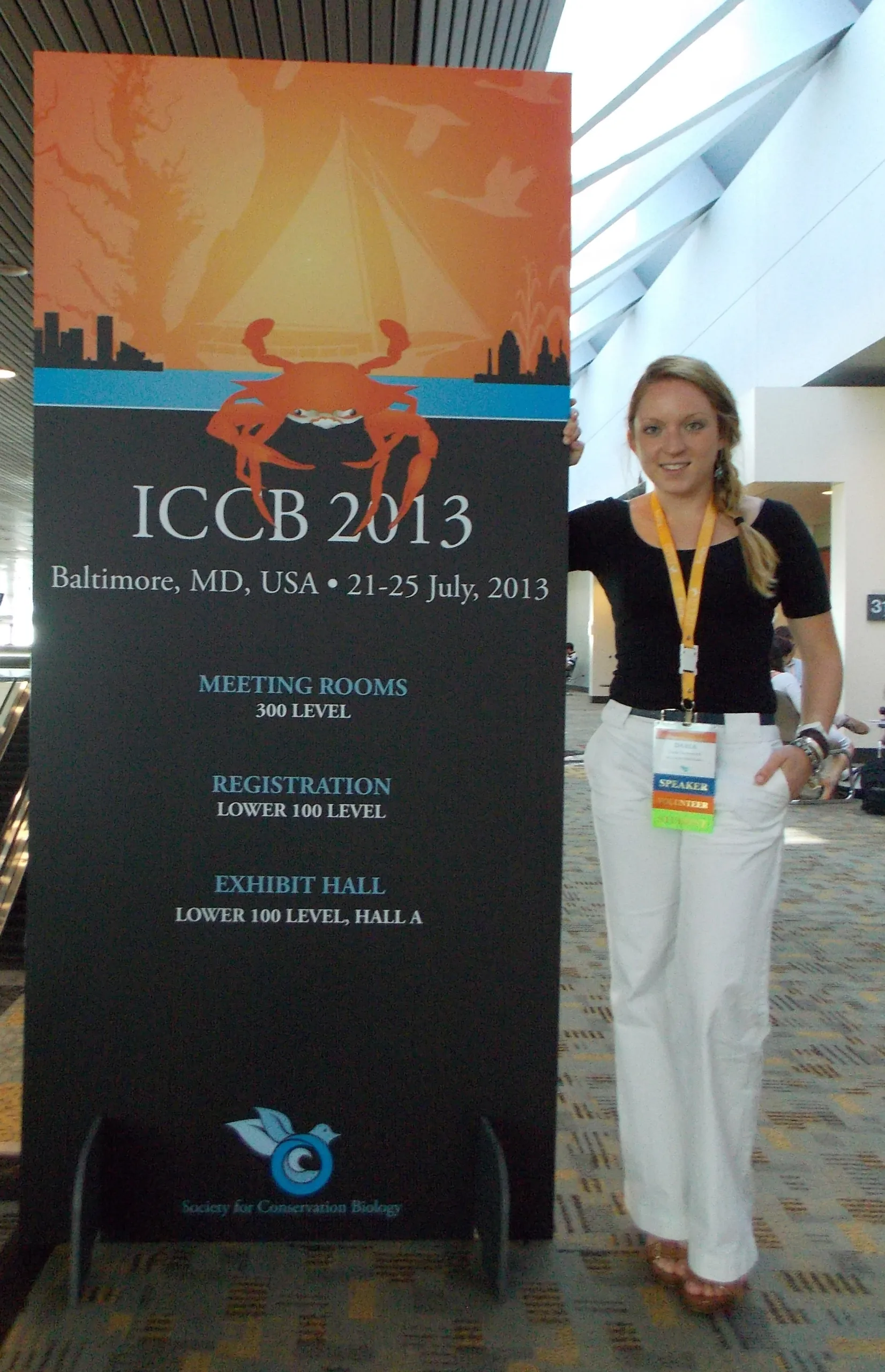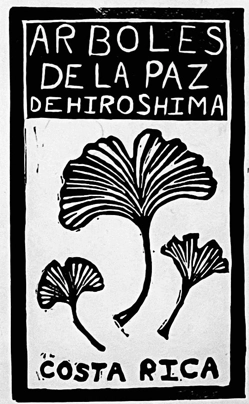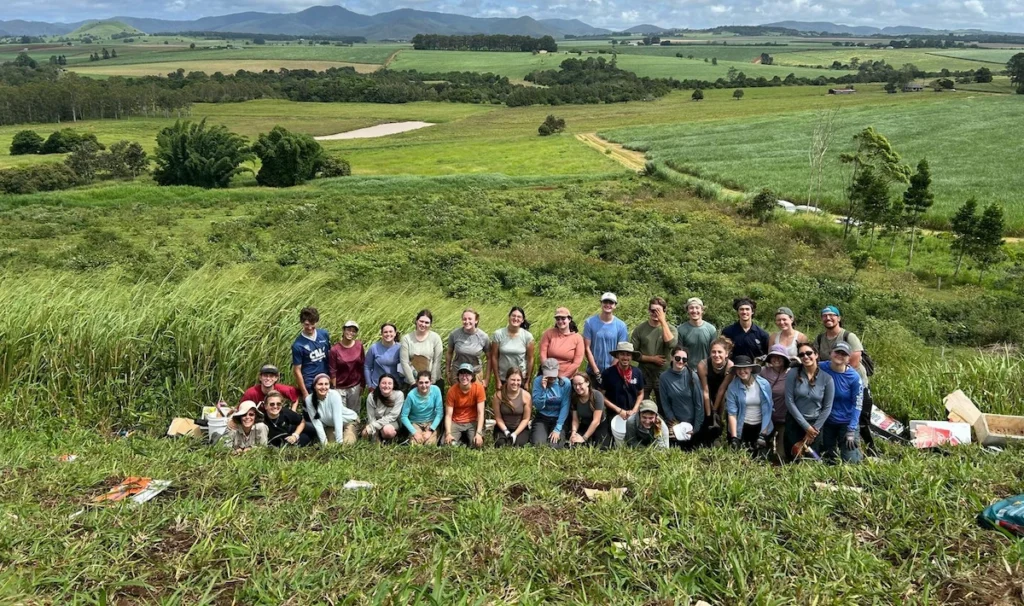
By: Christian Kiffner, PhD
Presenting Research at the World’s Largest Conservation Conference
Disseminating successful research methods within fisheries science/conservation is an unfortunate rarity. However, my inexperienced colleague (Ellie Splain at the University of Illinois at Urbana-Champaign) and I were able to prove in only five weeks that a simple rapid social science assessment method was highly fruitful for describing the socioeconomic baseline of the South Caicos fishery where we studied abroad in the Turks and Caicos Islands with SFS.
Our findings were deemed important enough by scientists of the prestigious Society for Conservation Biology for me to be lucky enough to be accepted to present our research at this year’s ICCB (International Congress for Conservation Biology). This convention is the largest global meeting for conservation professionals and students, so being able to attend was an honor for me. Being surrounded by these professionals was quite intimidating, but at the same time it was a pronounced opportunity for me to network and meet the key players of this profession.
Within the short time that I was there, I was able to take away information and knowledge that I will apply later down the line. But, the most important reason for me being there was to explain to fellow scientists that even two undergraduate students like my partner Ellie and I were able to uncover profound data in a short period of time. It was our way of encouraging like-minded individuals to get out into the field to discover and unearth noteworthy scientific data. Ellie and I were a perfect example of how motivated students can achieve realistic yet important goals and in turn contribute to the “frontier” of science.

Edward Hind, Ph.D.
Lecturer in Environmental Policy and Socioeconomic Values
The SFS Center for Marine Resource Studies, Turks & Caicos Islands
It’s hard to describe in words the feeling you have when you wake up on a Directed Research day, excited about the encounters you are about to have in the field. The only way you are going to find that out is if you join us one day, SCUBA diving from one of our boats, snorkeling at night through the mangrove forests, or sitting on the dock on a balmy evening interviewing a fisherman.
The research experience with SFS doesn’t stop when that fieldwork unfortunately comes to an end. Our students aren’t simply engaged in research projects that will keep them occupied while they are with us, but which will then never again be considered when they leave. The research we involve students in contributes both to a 5-Year Research Plan we have for supporting community livelihoods in South Caicos, and to wider scientific debates that we as a teaching and research institution are key participants in. Therefore, it is important that students continue to be engaged with their SFS research once they leave so that they can communicate important research findings. For instance, I am currently in contact with several alumni who will be my coauthors on papers for publication in academic journals, and who are helping me put together reports to be passed to local and national stakeholders here in the Turks and Caicos Islands (TCI).
Yet, I believe the best way to spread the word about our research is through talks and conference presentations at local, national and international levels. I can perform that role in the TCI, but I don’t have time necessarily to do this internationally. Therefore, I was delighted when Daria responded to my request to present some of our research on the status of the fisheries in South Caicos at this year’s ICCB. From what I have heard from friends who attended the conference, Daria did an excellent job on the podium, sharing effectively with some of the world’s top ecologists the utility of the methods we used during our baseline study of South Caicos’ fisheries. It’s brilliant for me that our students are as enthusiastic about disseminating our research findings as they are excited about waking up on Directed Research days.
Related Posts

Trees of Peace from Hiroshima: A Time Traveler and Emissary of Hope

Cinder Cone Chronicles: Lessons from Drought, Data, and Determination
